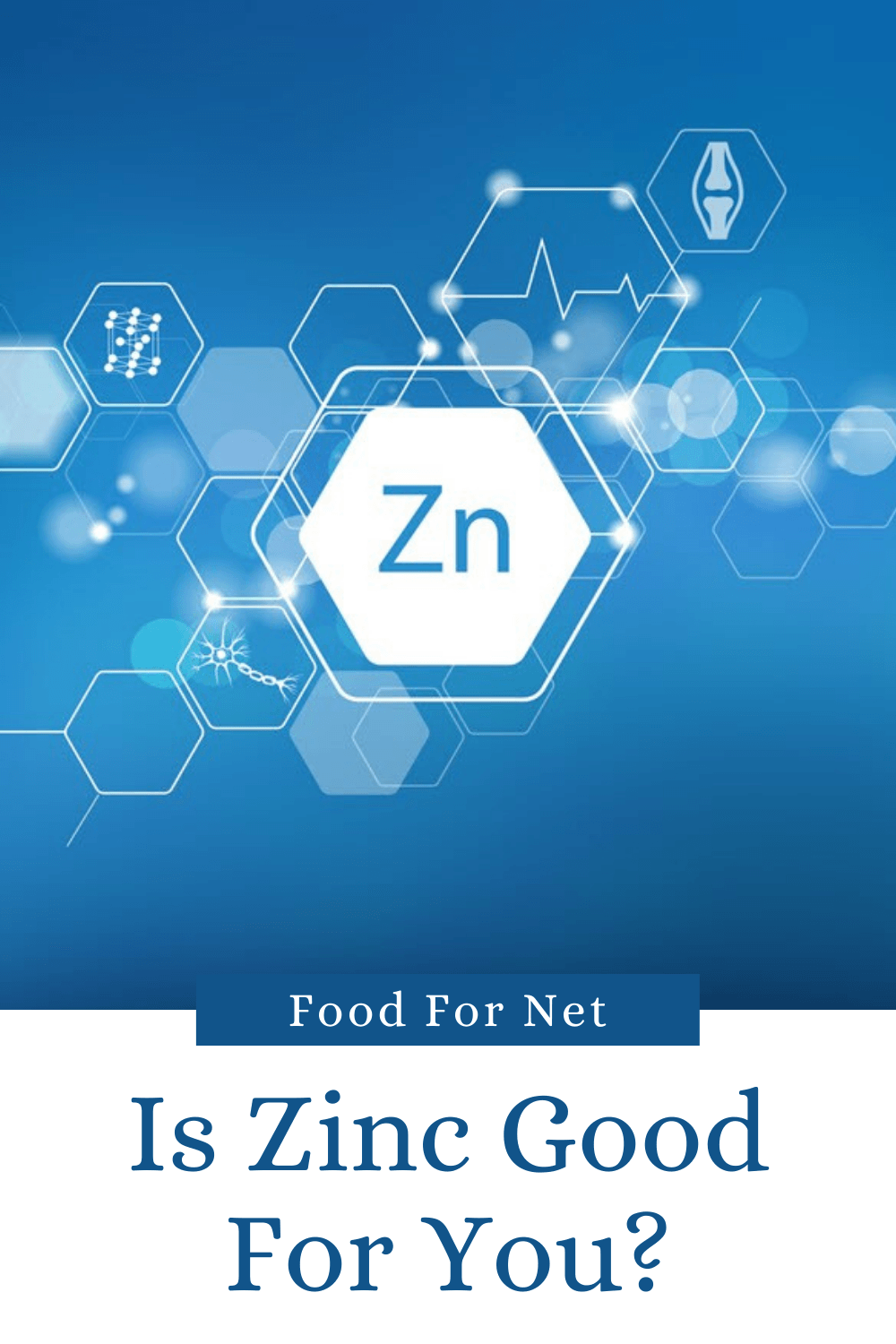
Zinc is an essential mineral, one that’s needed to keep us healthy and well. Our bodies can’t make zinc on their own, which is why we need to get zinc in our diets instead. Thankfully, there are plenty of zinc rich foods to choose from, including red meat, lentils, nuts, and chia seeds. There’s no arguing that we need zinc, but why exactly is zinc good for you?
What does this mineral do to make it so relevant for your health and how can you take advantage of it?
To answer those questions, we’re taking a close look at zinc, including the required daily intakes, how zinc helps you, what happens if you have too much of it, and whether you should be relying on zinc supplements.
Is Zinc Good For You?
- How Much Zinc Do You Need?
- What Zinc Does In Our Bodies
- The Benefits Of Zinc Rich Diets
- Do Zinc Lozenges Help With Colds?
- Symptoms Of A Zinc Deficiency
- The Best Foods For Zinc
- Things To Consider When Getting Zinc From Food
- Are Zinc Supplements A Good Idea?
- Can You Have Too Much Zinc?
- Final Thoughts
How Much Zinc Do You Need?
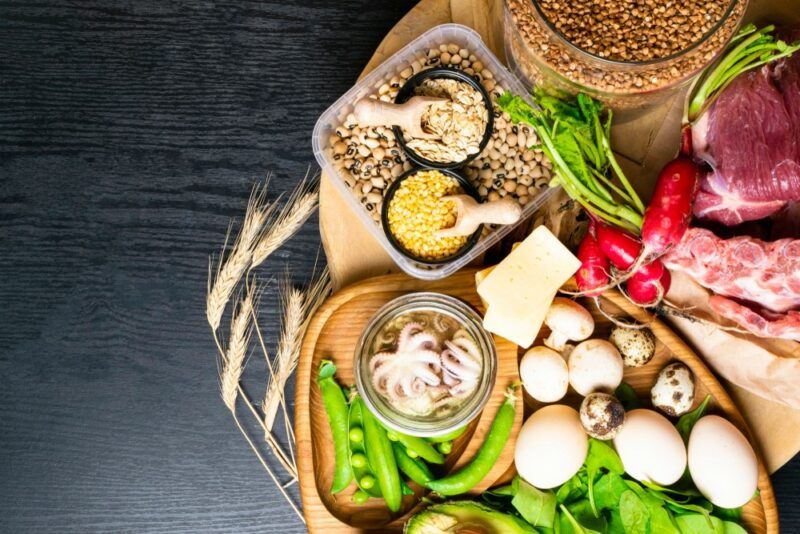
Zinc is considered a trace mineral, so we don’t need a large amount of it to stay healthy. For adult men, the recommended daily allowance is 11 mg, while this figure is just 8 mg for women. For women who are pregnant or lactating, the recommended intakes are 11 mg and 12 mg per day, respectively.
Zinc requirements are smaller for younger people, but even infants need zinc. In fact, breast milk no longer provides enough zinc for infants aged from 7 months onwards, making other sources of zinc essential from this age.
What Zinc Does In Our Bodies
While research into zinc is still ongoing, we do currently know that it’s important in the production of new cells and our immune systems. Zinc also plays essential roles in growth and sexual development, making it critical that children get enough zinc as they grow.
There are many other effects too. In fact, zinc works with more than 300 different enzymes in our body, meaning that it’s involved in a large variety of reactions.
The Benefits Of Zinc Rich Diets
Getting enough zinc has a variety of positive effects, starting with immune system function. In fact, even mild to moderate zinc deficiency can make your immune system less deficient, meaning that your body struggles more to fight off infection. Having a zinc rich diet should help matters considerably.
Some theories even suggest that zinc might have direct roles in fighting the common cold, by decreasing inflammation and inhibiting binding of the virus. While more research is needed in this area, the immune system effect alone should help to make any colds less severe.
The combination of zinc and antioxidants could also be important for your eye health, helping to delay age-related macular degeneration. Again, more research is needed, but getting enough zinc is important anyway, so the potential for eye health is just one more reason to do so.
Finally, getting enough zinc helps avoid all the side effects of a zinc deficiency. Your body needs zinc, after all, so when your zinc intake is limited, things don’t function as they should.
Do Zinc Lozenges Help With Colds?
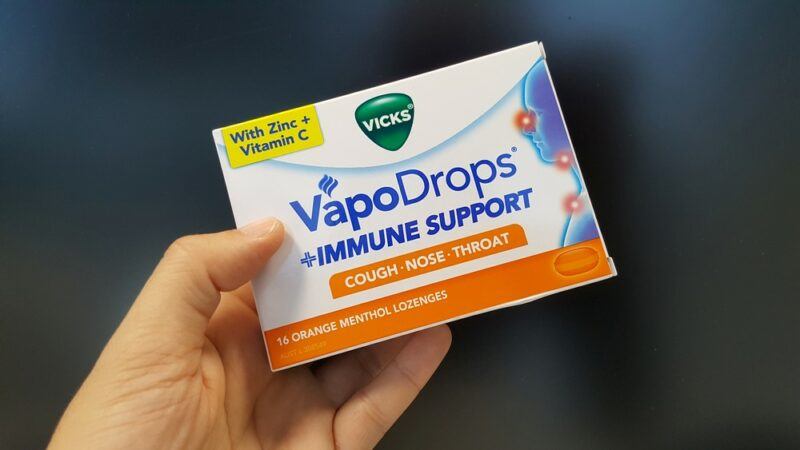
Zinc is sometimes used in lozenges, partly because zinc is associated with immune system function. There’s some evidence for this effect too, as the lozenges may decrease the length of your cold (but only by a day or two).
You’re most likely to see benefits if your zinc intake was insufficient. If this is the case, then the zinc in the lozenges should help your immune system to function better. If your zinc intake was already adequate, then the lozenges are more debatable.
You could still try them out and see whether they help.
That said, the lozenges can have a metallic flavor and can decrease your sense of smell and ability to taste for a few days.
Symptoms Of A Zinc Deficiency
Zinc deficiency leads to a host of symptoms, including decreased immune function, loss of appetite, unexplained weight loss, and hair loss.
Thankfully, zinc deficiency isn’t a serious issue in the United States, as most infants, children, and adults get enough zinc from their diets.
The main exception is older adults, as many are getting far under their daily requirements for zinc. This issue may be even more significant for people living in poverty, as it is more difficult to eat a balanced diet when money is tight.
People At Higher Risk Of Deficiency
Some health problems, including Chron’s disease and chronic kidney disease, can lead to less zinc, often by decreasing zinc absorption. Diarrhea also causes zinc loss, so people experiencing regular diarrhea may start to be deficient in zinc, which is something to watch out for if you have diarrhea regularly.
Vegetarians and vegans are at increased risk of deficiency too, as there’s less zinc available in their diet and they’re consuming more antinutrients. Alcoholics are at risk too, as alcohol consumption both decreases zinc absorption and increases zinc excretion.
Detecting Zinc Deficiency
Zinc deficiency is surprisingly hard to identify, as the mineral is present in trace amounts throughout your body. Plus, the symptoms we discussed earlier can all occur for other reasons as well.
A blood plasma test is the most accurate way to find your zinc levels. Hair strand analysis and urine analysis are sometimes used as well, although the results of these won’t always be as reliable.
If you are deficient in zinc, your doctor will also need to consider what’s causing the deficiency. Sometimes this will simply be that you’re not getting enough zinc in your diet. In other cases, however, the lack of zinc might be caused by a health condition or overconsumption of iron.
Identifying the underlying cause is important, as this will show whether increasing zinc intake is enough to solve the problem or whether something else needs to be done instead.
The Best Foods For Zinc
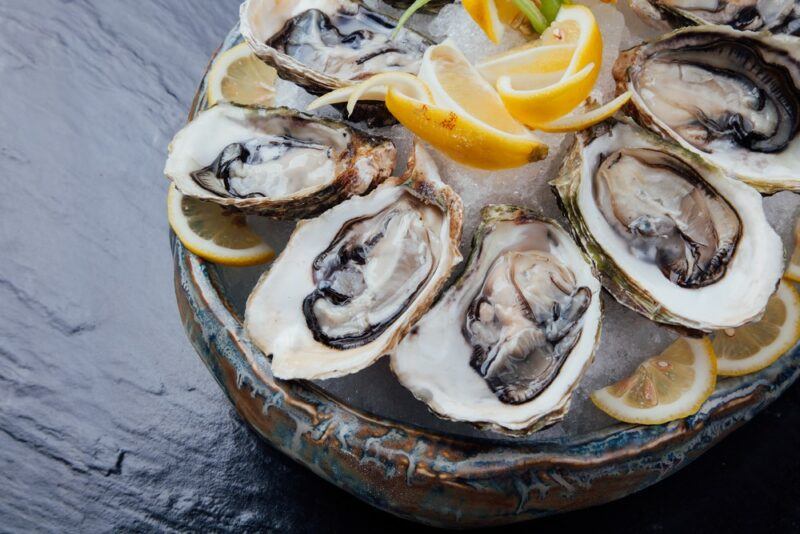
Zinc is particularly common in animal-based foods. Red meat, pork, and poultry are all excellent sources of the mineral, along with plenty of shellfish. Oysters are particularly powerful, which is great news for any oyster lovers.
Legumes are a good source of zinc as well, including beans, lentils, and chickpeas, along with products made from legumes, like tofu, natto, and many types of plant-based meat. Plants do provide less zinc than animal-based foods, but if you have a varied diet, you should still easily hit your zinc targets.
Things To Consider When Getting Zinc From Food
Getting enough zinc from your diet is relatively easy. However, there are a few things to think about.
First, the best sources of zinc are either marine or animal-based, with oysters, red meat, pork, and dark chicken meat being some of your best options.
Furthermore, zinc from plant-based sources often isn’t as bioavailable as animal-based sources, as many zinc rich plant-based foods also contain phytates. Phytates are sometimes known as antinutrients because they can decrease your absorption of zinc.
To make matters worse, people following plant-based diets often heavily rely on legumes for protein, which exposes them to a decent amount of antinutrients.
This combination of features means that people who eat meat should easily meet their needs for zinc. People following plant-based diets, particularly vegan diets, may need to work harder to hit their zinc targets.
Are Zinc Supplements A Good Idea?
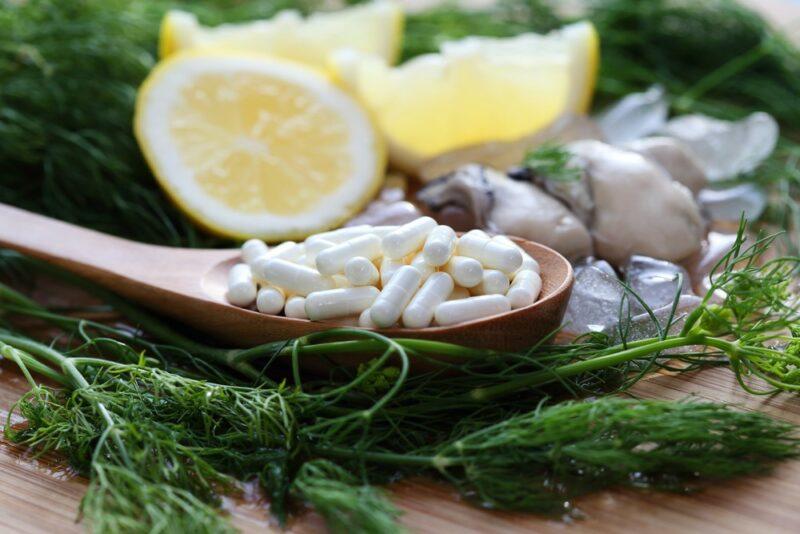
Not surprisingly, you can purchase zinc in a supplement, either on its own or as part of a multivitamin. There are often multiple types of zinc present, including zinc acetate, zinc gluconate, and zinc sulfate, although little is known about which types are absorbed best or cause the fewest adverse reactions.
Most people are already getting enough zinc from their diets, so zinc supplements shouldn’t be needed at all. However, if you’re in a high risk group, you might need supplements to get your zinc levels where they need to be.
If you’re considering this route, it’s best to talk to your doctor first and work out whether you’re likely to need zinc. Also talk to them about any health conditions you have and any medications you’re taking, as those areas will influence whether zinc supplements are helpful or harmful.
You should also pay close attention to the product that you rely on. Look for one that has been through third party testing, this way you know that you’re actually getting what the label suggests.
That said, food is always a better choice for hitting your nutrient targets, as foods contain plenty of other important nutrients and antioxidants. Plus, you can be certain of what you’re getting with whole food, which isn’t necessarily true for supplements.
Side Effects From Zinc Supplements
Oral zinc supplements tend to be safe and well tolerated. Even so, some people do experience notable side effects, including stomach pain, nausea, and diarrhea. If you need the zinc, then the benefits of zinc might be worth dealing with the side effects.
But, if you’re just using zinc because it might help, then the side effects might be a reason to skip zinc supplements. Stick to food instead. It’s likely to provide more benefits and comes with fewer risks than a supplement ever will.
Be Cautious With Zinc Nasal Sprays
Some nasal sprays and gels include zinc as well. These can lead to loss of smell, an effect that is sometimes temporary but can be long lasting or even permanent. The FDA has even warned consumers about some such products.
There are concerns surrounding zinc in denture adhesive creams, as overuse of these creams can lead to too much zinc. Many companies now exclude zinc, which gets around this issue entirely.
Can You Have Too Much Zinc?
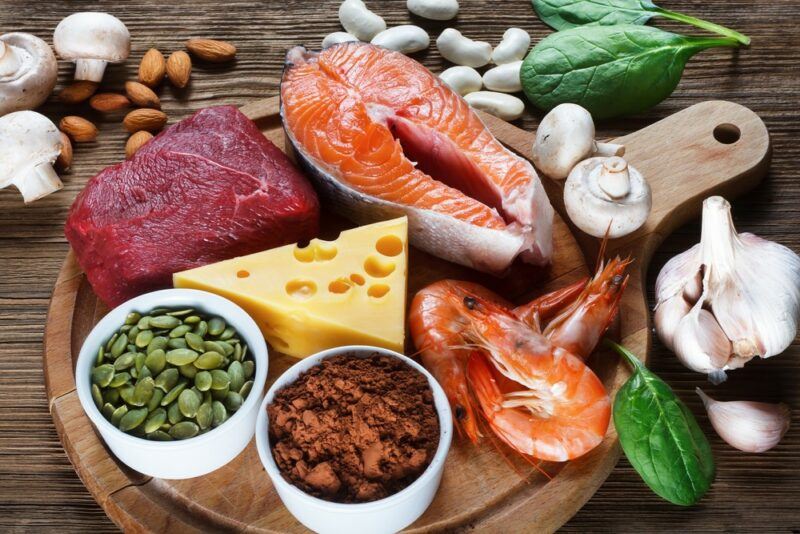
Too much of anything can be harmful. Zinc is no exception to this pattern. The upper tolerable limit for zinc is set at 40 mg for all adults. This limit refers to the maximum amount of zinc you can have per day that is unlikely to be harmful.
The further you go above this limit, the great the chance is for harm.
Signs of excessive zinc consumption include stomach cramps, headaches, nausea, and poor appetite. Thankfully zinc toxicity from food is rare, if not outright impossible. Toxicity generally happens from supplements instead, especially if you’re taking zinc supplements and already get plenty of zinc from your diet.
The best way around this is to be cautious with supplements. Only take them if you’re certain that you need them and keep an eye out for symptoms of zinc toxicity.
Final Thoughts
Zinc plays many critical roles in your body. Thankfully, it’s also a mineral that most of us get enough of regularly, so it’s not something you need to worry about too much.
If you do need to increase your zinc intake, start with food sources. These are easily the most powerful, as they provide you with many important nutrients, macronutrients, and antioxidants all at the same time. Meat and shellfish are your most potent options here.
You can get zinc from plants too and legumes are a particularly useful choice. However, many zinc rich plant foods also contain a decent amount of antinutrients. As such, you’ll need to consume more zinc to hit your daily targets.
Frequently Asked Questions
Can Zinc Make You Nauseous?
Nausea is a common side effect from zinc supplements and it can sometimes be severe. Some people even end up vomiting after taking zinc supplements. However, taking zinc with water and enough food can make a large difference. It’s also important to avoid overdoing it, as side effects tend to be worse when your intake is high.
Does Zinc Cause Constipation?
Constipation is another known side effect of zinc supplements. This doesn’t happen as often as nausea, but if you’re worried about constipation, it might be better to stick to food sources of zinc instead.
Can You Take Zinc While Pregnant?
Zinc supplementation is generally safe during pregnancy. More than that, it’s desirable, as sufficient zinc intake may reduce the risk of preterm birth. But, it’s important to be cautious, as high zinc intake can be very harmful and the exact safe dose for pregnancy hasn’t been established.
Does Zinc Interact With Any Medications?
While zinc doesn’t interact with many medications, it can make some less effective. This includes some types of antibiotics and a medication called penicillamine that is used to treat arthritis. Medications that influence your blood pressure or immune system could also be impacted by zinc.
These interactions are mostly relevant for zinc supplements. There’s nothing to worry about if you’re just getting typical levels of zinc in your diet.
Does Zinc Help A Cold?
Zinc is famous for helping with colds, to the extent that it is often included in lozenges. There is some evidence for this effect, but don’t go rushing for the zinc yet.
The problem is that zinc’s effects on a cold are generally mild and sometimes it doesn’t help at all. At the same time, many people get considerable side effects from zinc. The side effects mean that zinc supplements could easily make you feel worse instead of better.

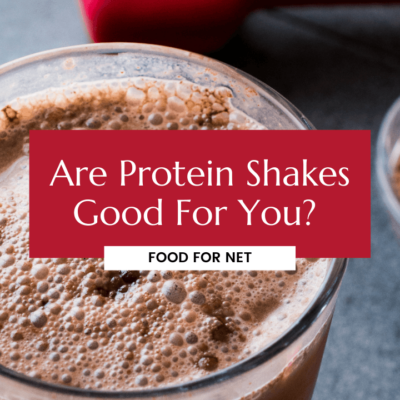
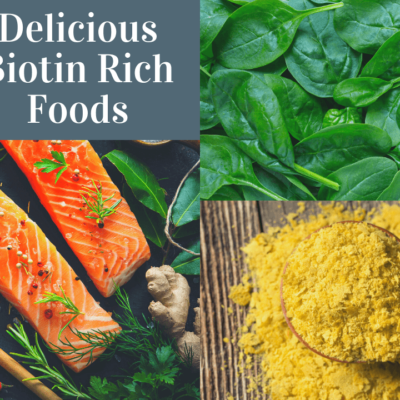
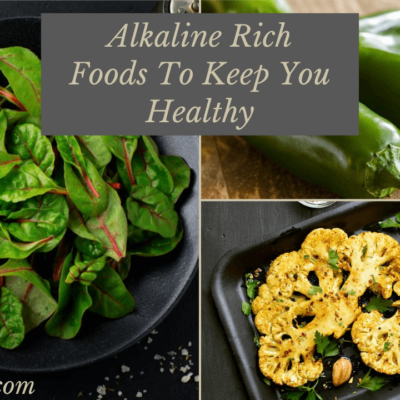
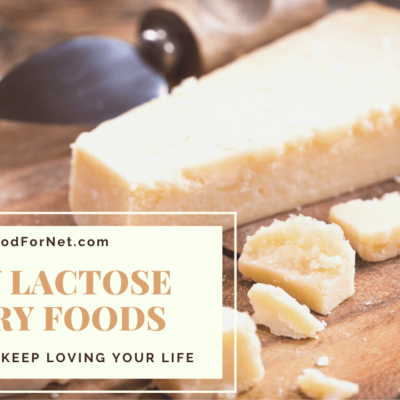
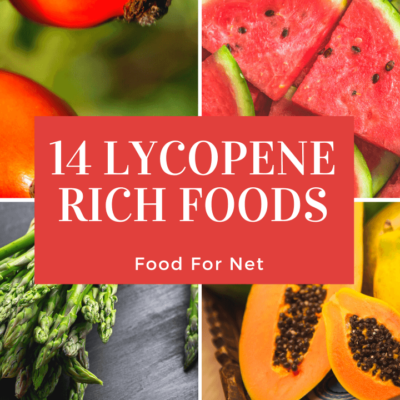
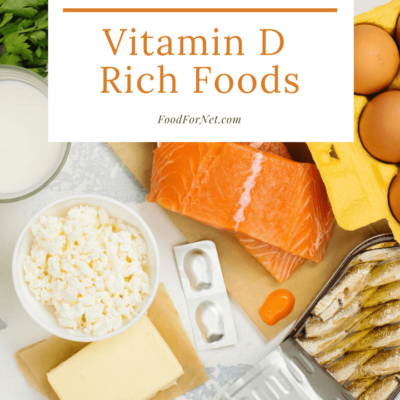
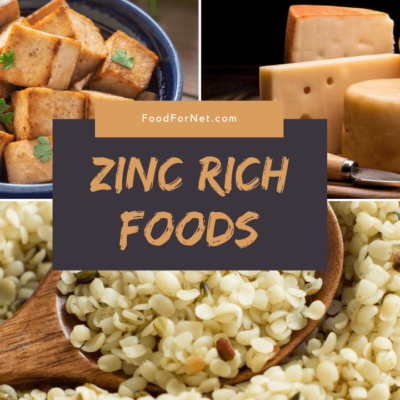

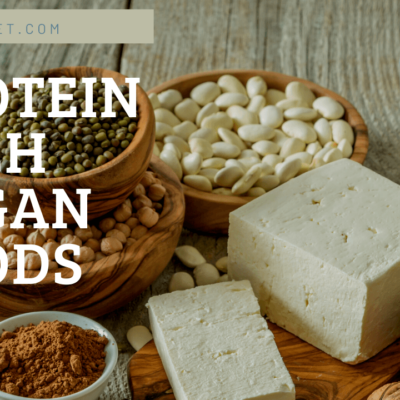
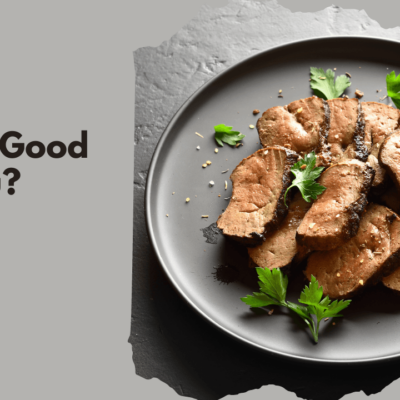
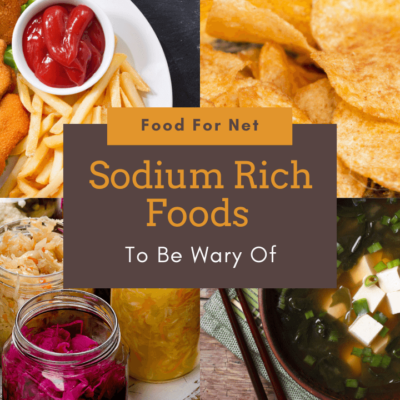
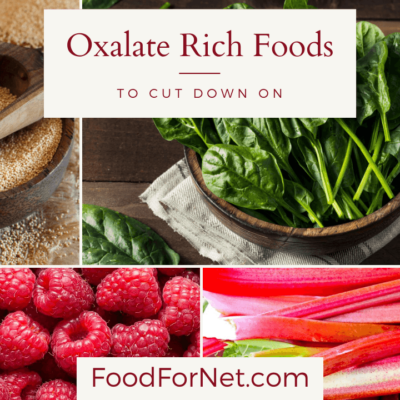
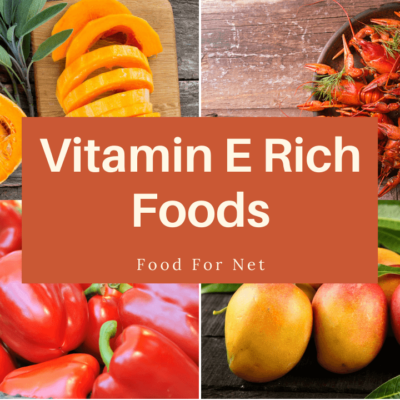
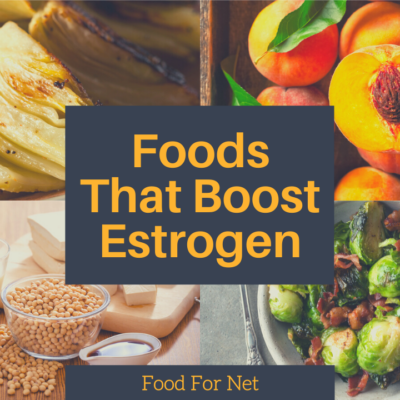
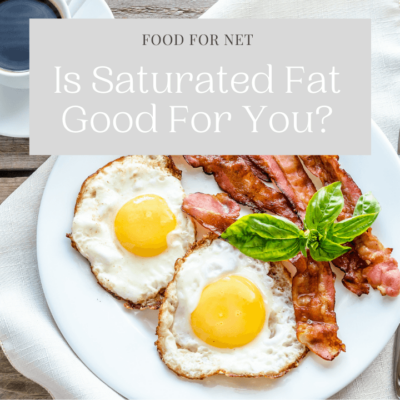
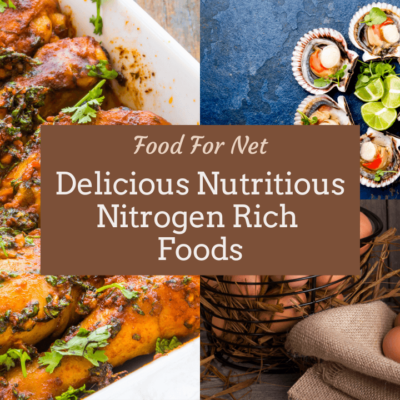
 Is Spaghetti Squash Good For You?
Is Spaghetti Squash Good For You?
Leave a Reply